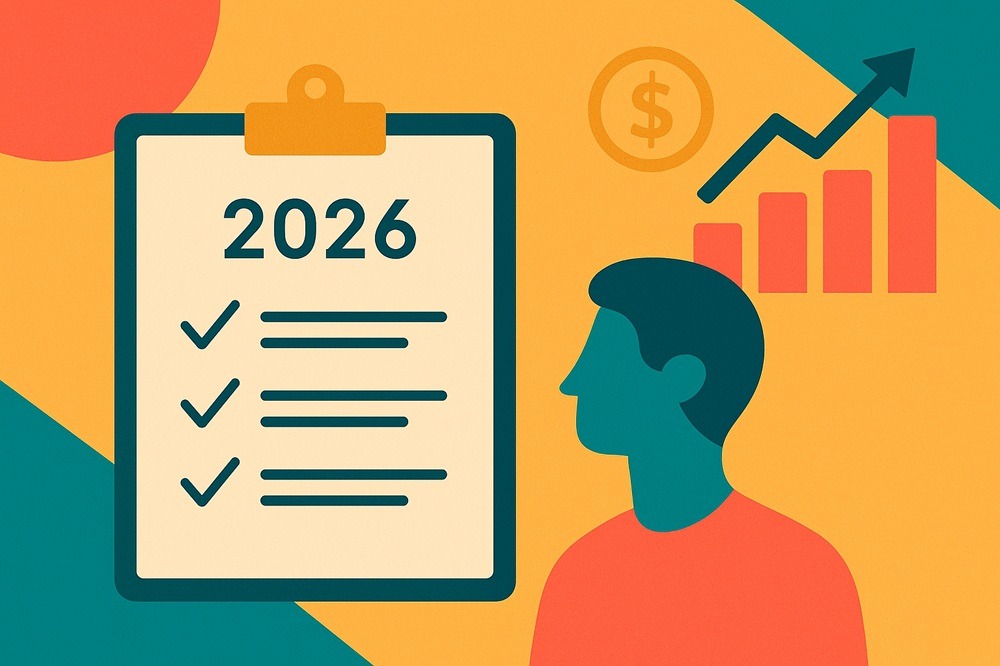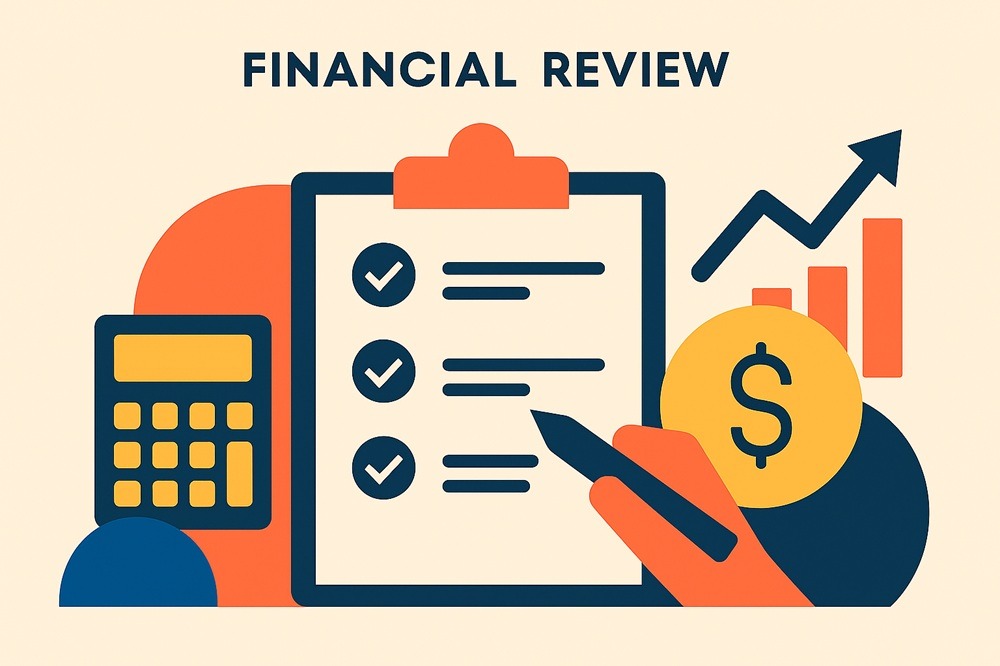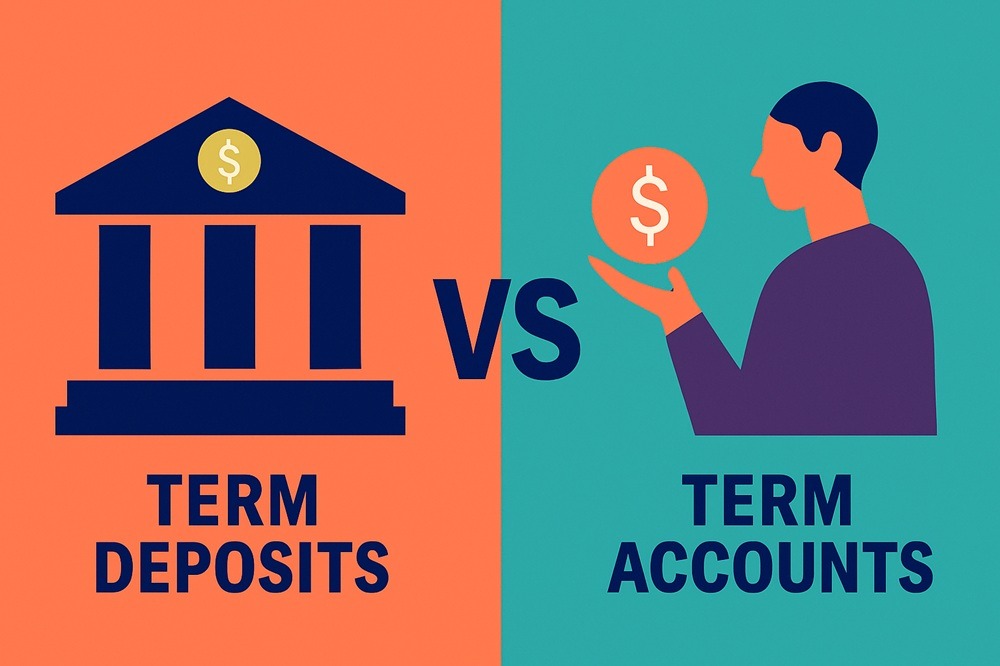
High-Level Financial Objectives for 2026
As the year wraps up, it's the ideal moment to transition from day-to-day money management to strategic wealth building. If you're currently generating strong income and have achieved basic financial security, your 2026 goals should centre on optimisation, expansion, and protection. We'll use the S.M.A.R.T. framework to set some sample goals that could move you closer to financial independence or early retirement.

Budgeting for the Holidays Without the Debt Hangover
Christmas is a wonderful time, but it’s also the most financially draining period of the year. It's easy to get swept up in the festive spirit, promising yourself you’ll worry about the bills in the New Year. The problem is, that post-holiday stress and high-interest debt can linger long after the decorations are packed away. You don't need to cut back on joy to have a financially responsible Christmas. You just need a practical, realistic budget. Let's look at how you can plan for the holidays now and avoid that unpleasant debt hangover in January.

November 2025 Market Updates
November 2025 has presented a stark divide for Australian investors, with significant volatility shaking the share market while the property sector continues its relentless climb. As the ASX 200 suffered a drop of nearly 5% due to banking sector weakness and global uncertainty, residential values surged on the back of supply shortages and the government’s expanded 5% Deposit Scheme. Underpinning these movements, the RBA kept the cash rate on hold at 3.60%, dashing hopes for a pre-Christmas cut as persistent inflation delays any easing of monetary policy until 2026.

A Practical Checklist for End-of-Year Financial Review
The end of the year often feels like a rush towards the holidays, but the weeks leading up to December are the perfect time for a quick, essential financial clean-up. A few hours spent reviewing your details now can save you money and stress when the new financial year rolls around. This simple checklist will guide you through the often-forgotten administrative tasks that ensure your money is working as efficiently as possible.

Term Deposit vs Term Account
When you're looking for a simple, fixed-rate investment for your cash, you might come across two terms that sound almost identical: a Term Deposit and a Term Account. Don’t let the similar names fool you; these are two completely different financial products with vastly different levels of risk.

Setting Up Your Financial Shock Absorber
We often treat our finances as a simple monthly cycle: get paid, pay bills, save what's left. But in reality, money never flows that smoothly. Life is full of 'lumpy' expenses which are costs that aren't monthly but are absolutely predictable and guaranteed to arrive, like quarterly insurance premiums, annual registrations, or unexpected medical fees. These costs are often too big for your regular monthly budget, but too small or predictable to be covered by your massive, long-term emergency fund. This is why you need a dedicated financial buffer fund.

October 2025 Market Updates
In October 2025, the Australian economy presented a mixed picture. While the S&P/ASX 200 saw modest gains, it was significantly outpaced by the robust, tech-driven rally of the US S&P 500. Domestically, the Australian residential property market continued its strong growth, with low listings and high buyer demand pushing prices up across the country, particularly in Brisbane, Perth, and Darwin. However, a higher-than-expected inflation figure for the September quarter has put a halt to expectations of further interest rate cuts by the RBA, with the cash rate now anticipated to remain on hold at 3.6% for the foreseeable future.

Tax Time! Don’t Forget Your Investment Income
With the 31 October deadline approaching, it’s a great time to ensure your tax return is complete, particularly if you have investment earnings. While your salary details usually pre-fill, the responsibility for accurately reporting income from assets like rental properties, shares, and cryptocurrency rests solely with you, and the ATO is actively using its advanced data-matching capabilities to check this information. This article walks you through some of the most common types of investment income that people sometimes forget to include
